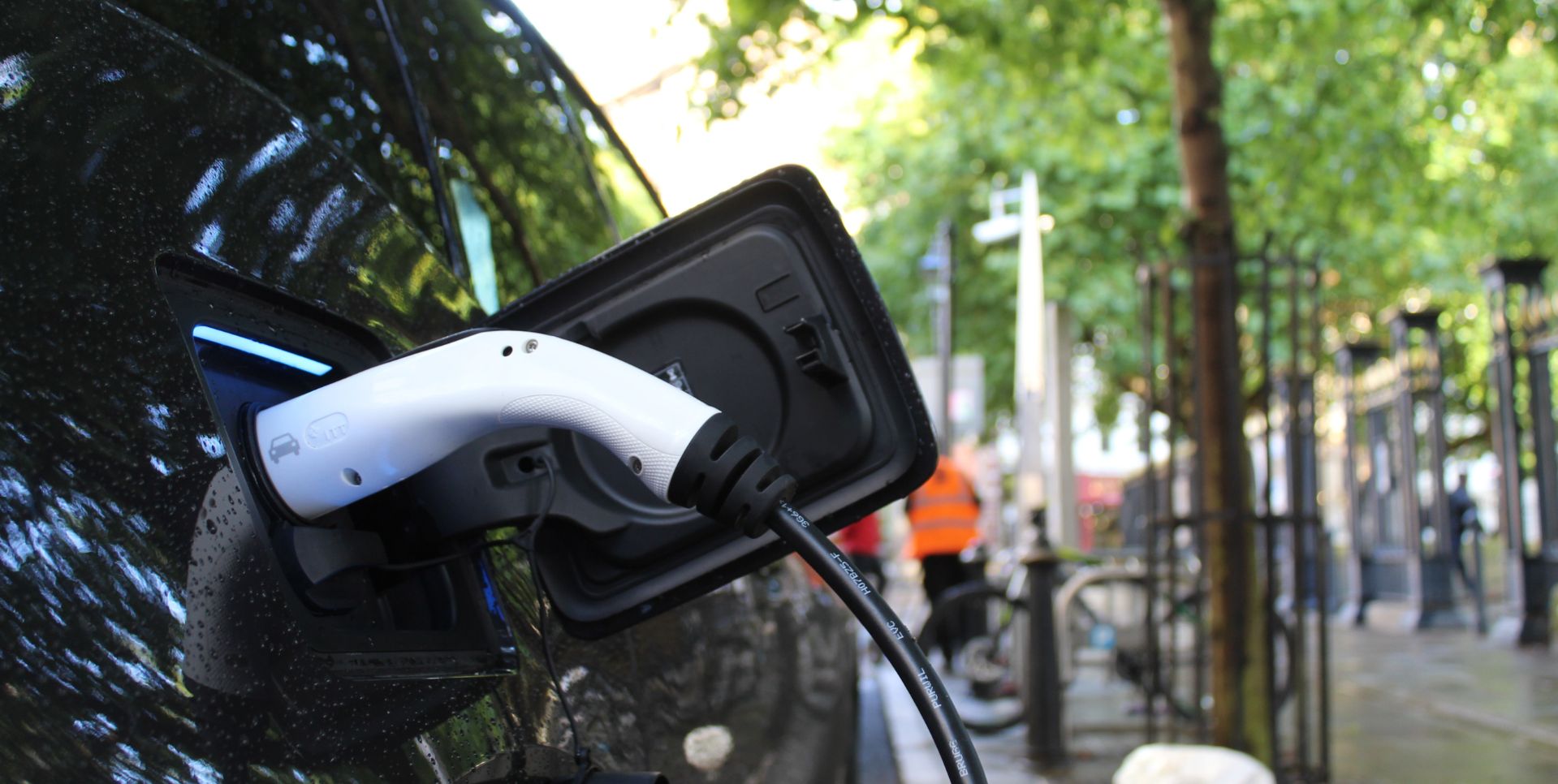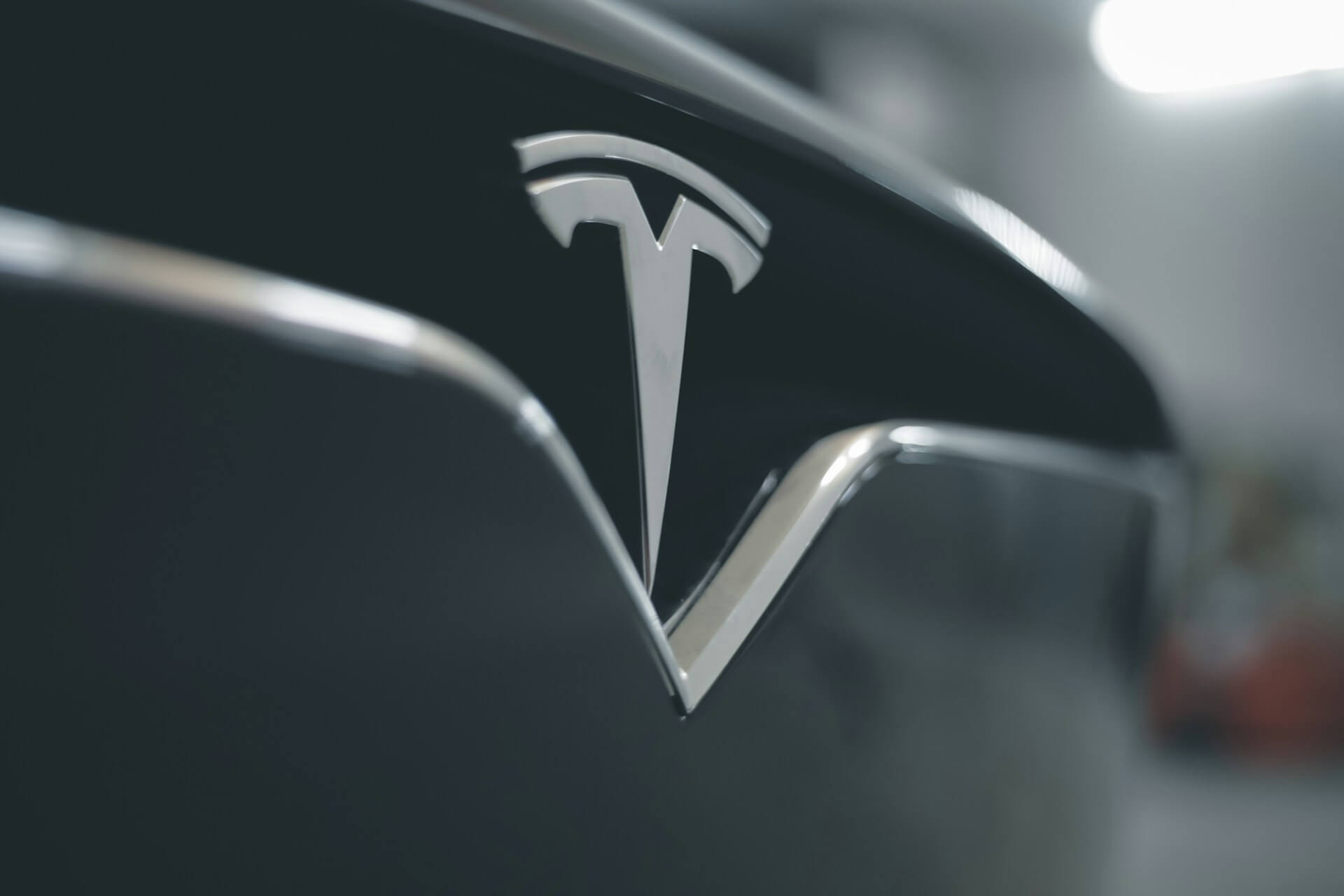
As an Amazon Associate, Modded gets commissions for purchases made through links in this post.
Electric cars are becoming increasingly popular with all types of consumers. Various auto manufacturers, such as BMW, Toyota, Honda and Tesla, offer new electric vehicle (EV) models every year. And while EVs are very popular, there are various pros and cons of electric cars that you should consider, especially if you’re in the market for a new vehicle.
The Rise of EVs
Despite the COVID-19 pandemic and supply chain bottlenecks, EV sales doubled in 2021, rising to 6.6 million. Now, an estimated 16.5 million EVs are on the road. Currently, the Nordic countries are leading EV adoption, with other countries like Germany and the Netherlands coming in just behind them.
Since their introduction, EVs have become more technologically advanced than ever. For example, Tesla EVs come with high-tech features such as Automatic Emergency Braking, a 17” touchscreen, USB-C charging, immersive sound and a sleek interior. However, there are still misconceptions about EVs and a lack of understanding of how EVs work.
Pros and Cons of Electric Cars
There are many factors to consider when looking at new cars to buy. You need to consider how far your commute is, whether you need a sedan, SUV or minivan, if your family needs to fit in the car, if you’ll use it for business purposes, etc. All of these factors, in addition to choosing between an electric- and gas-powered car, can be challenging.
After reviewing the pros and cons of electric cars, you’ll be better able to make the right decision.
Pros
Here are some of the pros of EVs that may help you with your purchasing decision.
1. Does Not Rely on Gasoline
One thing most drivers feel frustrated about is rising gas prices. With inflation the way it is, and a possible recession looming on the horizon, cutting costs is critical for most people right now. With an EV, you can completely avoid hitting up your local gas station to refill your tank. In addition to saving a good chunk of change, it can save you time!
2. Release No Emissions
Because EVs do not rely on gasoline, this also means that EVs do not have any emissions. By owning an EV, you’re able to reduce your personal carbon footprint and help out the environment. Climate change is a major concern right now, and doing your part to combat it can be a rewarding experience.
3. Less Maintenance
Generally speaking, EVs require much less maintenance compared to ICE vehicles. There are a few reasons why, such as:
- The battery, motor and electronics do not require upkeep.
- There are fewer fluids like engine oil that require maintenance.
- Brake wear is significantly reduced because of regenerative braking technology.
- There are fewer moving parts compared to a conventional fuel engine.
Fewer trips to the auto shop can also help you cut down on costs throughout the year.
4. Tax Credits and Incentives
EVs aren’t just less costly when it comes to maintenance. There’s a federal tax credit owners can take advantage of, in addition to other state and local incentives. Many states offer electric car incentives, especially as the country tries to combat climate change by going green and reducing carbon emissions.
Cons
It’s also important to recognize the cons of buying EVs, as they may deter you from buying one altogether.
1. High Initial Cost
One barrier to entry with EVs is that they do have high upfront costs compared to traditional vehicles. According to Kelley Blue Book (KBB), the average cost of an EV in August of 2022 was $66,000, a 13% increase from the previous year.
For the average American, paying for an EV might not be feasible. Purchasing a vehicle, let alone an EV, is expensive. Aside from purchasing the vehicle itself, owners often have to purchase at-home chargers. In 2022, the standard charger was the J1772 plug, and some EV owners must purchase adapters — those costs add up quickly.
2. Limited Range
Another con EV owners face is that most EVs have a limited range, meaning you can only drive so far on a single charge. Some EV owners face anxiety when thinking about how far their car will take them, especially on long road trips. The average range of an EV is 234 miles, according to the Department of Energy (DOE).
However, more long-range EVs are emerging. These vehicles reach the range of 300-400 miles per charge. In 2022, the Ford Mustang Mach-E reportedly had a range of 305 miles, which is closer to what a gas-powered car can offer.
3. Charging Can Be a Hassle
Because EV adoption rates are still relatively low in the U.S., nationwide Ev charging infrastructure is still lacking. In other words, it can be challenging for EV owners to find nearby charging stations to charge their vehicles.
Additionally, charging an EV often takes longer than it would for you to fill up a gas-powered vehicle. Tesla, however, introduced Superchargers, which take much less time to bring Tesla models to a full charge. As EV adoption gains traction, more charging stations will crop up around the country, making it easier for EV owners to charge their electric cars.
4. Costly Maintenance and Repairs
Although EVs require less frequent maintenance than ICE vehicles, when it is time for repairs or maintenance, it can be costly. For example, replacing an EV battery can cost anywhere from $4,00-17,000! While it’s unlikely you’d need a battery replacement, that’s a steep price to pay.
In addition to replacing a battery, EV parts are not as common as parts for traditional vehicles, meaning it may take longer for you to get parts fixed by an auto shop.
Consider the Pros and Cons of Electric Cars Before Leasing or Buying a New Car
Purchasing or leasing a new vehicle can be challenging. Now, you have to decide whether you want to drive an electric car or a conventional internal combustion engine (ICE) vehicle.
Both types of vehicles have their advantages and disadvantages, and one type may suit your needs over the other. If you’re thinking about purchasing a new car, be sure to consider the pros and cons of electric cars before making any big decisions.
Stay up to date with the latest by subscribing to Modded Minute.
Author
Jack Shaw is a senior writer at Modded. Jack is an avid enthusiast for keeping up with personal health and enjoying nature. He has over five years of experience writing in the men's lifestyle niche, and has written extensively on topics of fitness, exploring the outdoors and men's interests. His writings have been featured in SportsEd TV, Love Inc., and Offroad Xtreme among many more publications.





